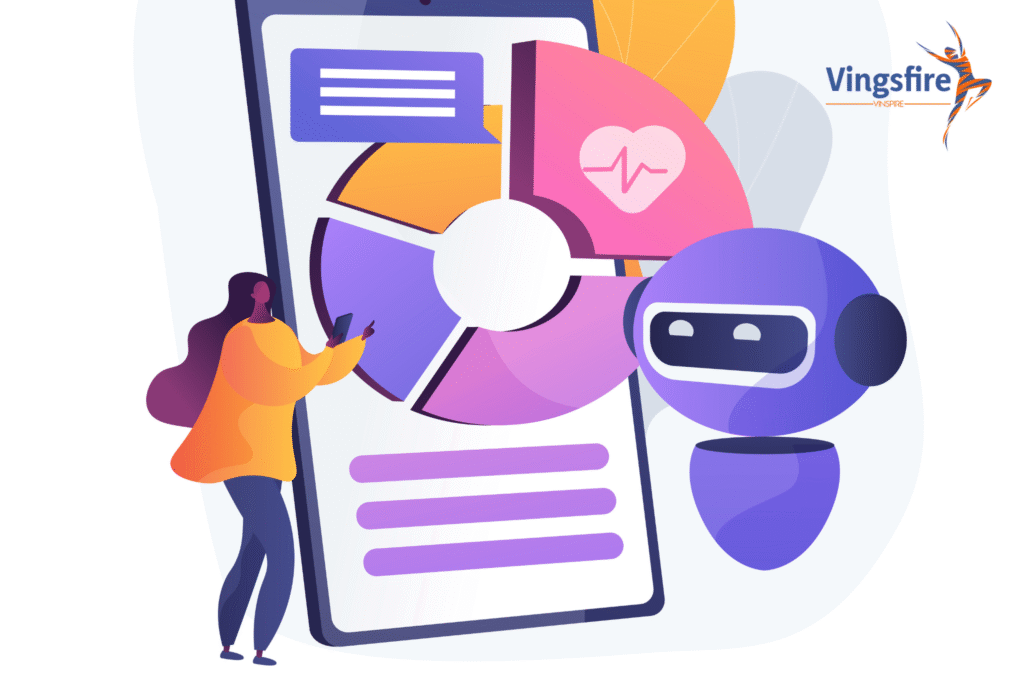
We’re living through the golden age of artificial intelligence development, where what was once science fiction is now transforming every industry. From healthcare diagnostics to autonomous vehicles, artificial intelligence development is reshaping how we live and work. This comprehensive guide explores the cutting-edge world of artificial intelligence development, providing insights into technologies, methodologies, and real-world applications that are defining 2025.
Section 1: Understanding Intelligent System Development
What is Intelligent System Development?
Intelligent System Development refers to the end-to-end process of creating, training, and deploying intelligent systems that can perform tasks requiring human-like cognition. This encompasses:
- Machine learning model creation
- Neural network architecture design
- Data pipeline engineering
- AI system integration
- Continuous learning mechanisms
The Three Waves of Intelligent System Development
- Rule-Based Systems (1950s-1980s)
- Statistical Learning (1990s-2010s)
- Contextual Adaptation (Present-Future)
Modern Intelligent System Development combines all three waves to create systems that understand, reason, and learn.
Section 2: The Artificial Intelligence Development Lifecycle
1. Problem Framing
- Business objective alignment
- Feasibility assessment
- Success metric definition
2. Data Engineering
- Acquisition strategies
- Cleaning pipelines
- Feature engineering
- Augmentation techniques
3. Model Development
- Algorithm selection
- Architecture design
- Training methodologies
- Validation approaches
4. Deployment & Scaling
- API development
- Edge deployment
- Cloud integration
- CI/CD pipelines
5. Continuous Improvement
- Performance monitoring
- Model retraining
- Feedback integration
- Version control
Section 3: Cutting-Edge Technologies in Artificial Intelligence Development
Machine Learning Paradigms
- Supervised learning
- Unsupervised learning
- Reinforcement learning
- Self-supervised learning
Deep Learning Architectures
- Transformers (LLMs)
- Convolutional Neural Networks
- Recurrent Neural Networks
- Generative Adversarial Networks
Emerging Frontiers
- Neuromorphic computing
- Quantum machine learning
- Federated learning
- Neuro-symbolic AI
Section 4: Artificial Intelligence Development Tools Ecosystem
Programming Languages
- Python (Primary language for artificial intelligence development)
- Julia (High-performance computing)
- R (Statistical analysis)
Frameworks & Libraries
- TensorFlow/PyTorch (Deep learning)
- Scikit-learn (Traditional ML)
- Hugging Face (NLP)
- OpenCV (Computer vision)
Development Environments
- Jupyter Notebooks
- Google Colab
- VS Code with AI extensions
MLOps Platforms
- MLflow
- Kubeflow
- Weights & Biases
Section 5: Industry Applications of Artificial Intelligence Development
Healthcare Revolution
- Medical imaging diagnostics
- Drug discovery acceleration
- Personalized treatment plans
Financial Services Transformation
- Fraud detection systems
- Algorithmic trading
- Credit risk modeling
Manufacturing Optimization
- Predictive maintenance
- Quality control automation
- Supply chain intelligence
Retail Personalization
- Recommendation engines
- Visual search
- Demand forecasting
Smart Cities Infrastructure
- Traffic management
- Energy optimization
- Public safety systems
Section 6: Challenges in Modern Artificial Intelligence Development
Technical Hurdles
- Data quality issues
- Model interpretability
- Computational constraints
- Deployment complexities
Ethical Considerations
- Bias mitigation
- Privacy preservation
- Accountability frameworks
- Societal impact assessment
Business Challenges
- ROI measurement
- Talent acquisition
- Change management
- Regulatory compliance
Section 7: Best Practices for Successful Artificial Intelligence Development
Strategic Approach
- Align with business objectives
- Start with pilot projects
- Build cross-functional teams
Technical Excellence
- Implement robust data pipelines
- Adopt MLOps principles
- Focus on model explainability
- Plan for scalability
Operational Maturity
- Establish governance frameworks
- Create feedback loops
- Invest in continuous learning
- Monitor regulatory changes
Section 8: The Future of Artificial Intelligence Development (2025 and Beyond)
Near-Term Evolution
- Multimodal AI systems
- Smaller, more efficient models
- AI-augmented development
Long-Term Transformations
- Artificial general intelligence
- Brain-computer interfaces
- Self-improving AI systems
Societal Impact
- Workforce transformation
- Education revolution
- Healthcare democratization
Section 9: Why Choose Vingsfire for Artificial Intelligence Development?
At Vingsfire, we’ve mastered the art and science of AI Solution Engineering, offering:
- End-to-End Solutions: From concept to deployment
- Domain Expertise: Industry-specific AI applications
- Cutting-Edge Research: Access to latest advancements
- Responsible AI: Ethical development practices
- Scalable Architectures: Future-proof implementations
Our AI Solution Engineering services deliver:
- 45% faster time-to-market
- 30% higher accuracy than industry benchmarks
- 99.5% system reliability
Section 10: Getting Started with AI Solution Engineering
Learning Pathways
- Google’s Machine Learning Crash Course
- Fast.ai Practical Deep Learning
- Andrew Ng’s AI Specialization
Development Resources
- Kaggle (Datasets and competitions)
- Papers With Code (Research implementations)
- AI Hub (Tools and datasets)
Community Engagement
Conclusion: Shaping the Future with Artificial Intelligence Development
We stand at an inflection point in AI Solution Engineering, where technological capabilities are advancing at an unprecedented pace. The organizations that will thrive in this new era are those that strategically embrace AI Solution Engineering to solve real-world problems and create meaningful value.
Successful AI Solution Engineering requires more than technical expertise—it demands a holistic approach that considers business objectives, ethical implications, and human factors. Whether you’re looking to optimize operations, create innovative products, or transform customer experiences, the power of AI is now accessible like never before.
At Vingsfire, we combine deep technical knowledge with industry-specific insights to deliver Machine Intelligence Solutions solutions that drive measurable impact. Our comprehensive approach ensures your AI initiatives are built on solid foundations and deliver sustainable value.
